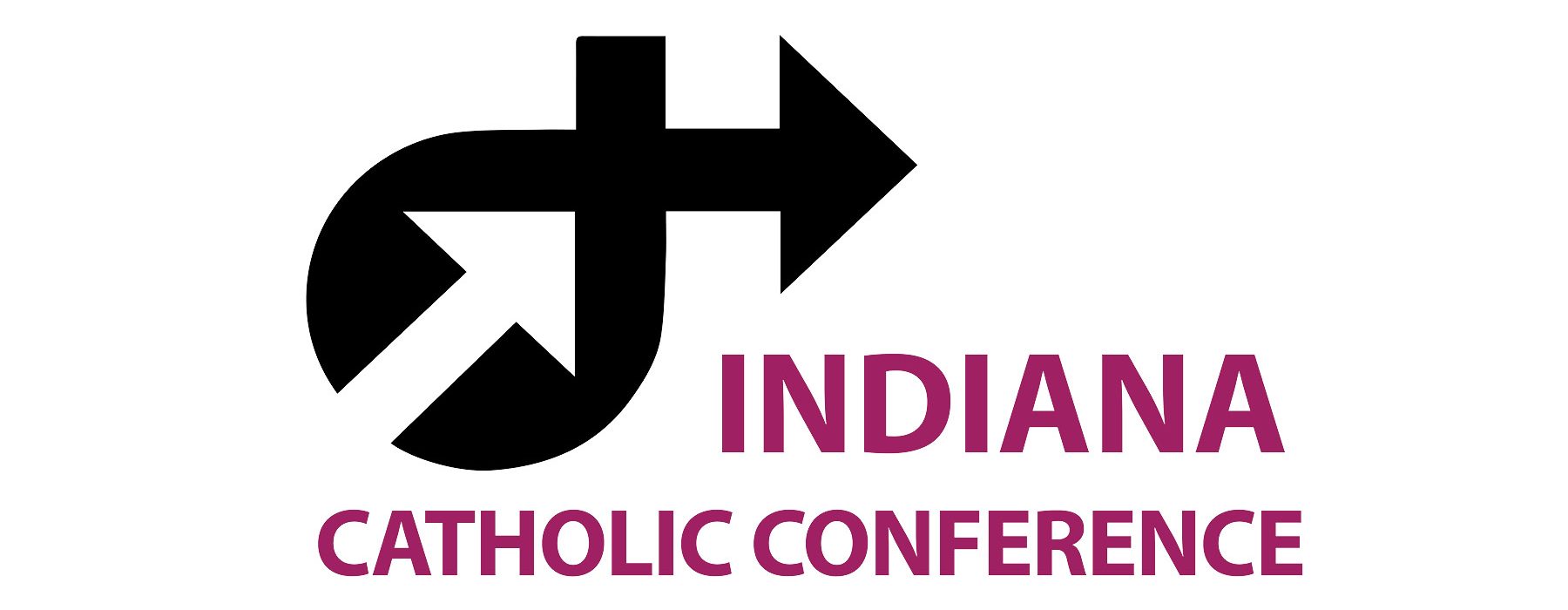January 17, 2020 // National
Senate bill would update TANF payments, eligibility guidelines
A lifeline exists for the poorest residents of Indiana to lift themselves up in the toughest of times, but outdated guidelines keep most them from taking full advantage of it.
The Temporary Assistance for Needy Families program in Indiana has not been updated in more than 30 years. That includes its $288 maximum monthly payout for families in deep poverty, which went a much longer way in 1988 than it does today.
Once again, state lawmakers and advocates for the poor — including the Catholic Church — aim to change that.
Senate Bill 111, authored by Sen. Jon Ford (R-Terre Haute), would bring TANF in line with current economic realities. Among other provisions, the bill would increase monthly payment amounts and modify them annually using Social Security cost-of-living adjustment rates. It also would update eligibility guidelines to enable more Hoosiers to take advantage of the program, which includes intensive job training assistance to help lift people out of poverty for good.
“It’s time we updated this program to meet the needs of the modern family,” Ford said. “TANF is a great tool not only to help people financially but to get the skills they need to improve their lives.”
Ford backed a nearly identical bill in 2019, Senate Bill 440, which easily passed the Senate but did not get a hearing in the House Ways and Means Committee. Last year’s Indiana General Assembly was tasked with passing the state’s biennial budget, and Ford said that his bill “was held up on budget concerns in the House.”
The lawmaker, who was heartened by the fact that his proposed legislation last year had full support of the Senate, said he is “very hopeful” about the outlook for Senate Bill 111 in this session.
So is the Indiana Catholic Conference, which always aligns itself with the most vulnerable in society.
“Crushing poverty can be an assault to a person’s dignity,” said Angela Espada, executive director of the ICC, the public policy voice of the Catholic Church in Indiana. “In keeping with the Church’s practice to promote the common good as well as demonstrate charity, the Indiana Catholic Conference wholeheartedly supports Senate Bill 111. We are promoting an avenue that can truly uplift the person.”
The goals of TANF are twofold: to provide a cash benefit so families experiencing extreme financial hardship can meet their basic needs until their situation improves, and to offer support through programs and case management to help parents find and keep jobs. Under this temporary assistance program, an adult has a 24-month lifetime limit for receiving benefits. Children can receive benefits up to a total of 60 months. TANF funds flow from the federal government through block grants to the states.
But in Indiana, only a fraction of those living in poverty take advantage of the program because of antiquated guidelines that Senate Bill 111 is designed to change. According to Jessica Fraser, program manager for the Indiana Institute for Working Families, a mere 6% of poor families statewide are benefiting from the federal program. One of the reasons is that Indiana set its income requirements to qualify for TANF in the mid-1990s, when welfare reform was signed into law by then-President Bill Clinton. Those eligibility guidelines have not been adjusted for inflation since then.
Because of these outdated rules, Indiana has the fourth-lowest eligibility for TANF in the country, Fraser said. This equates to a staggering number of missed opportunities to help the most vulnerable in the state, the majority of whom are children. Under current state law, TANF serves families and children who are living under 16% of federal poverty guidelines. Senate Bill 111 would increase the level of eligibility to 50% of those guidelines.
“We have fewer than 5,500 families in the program right now,” Fraser said. “The changes proposed by Senate Bill 111 would mean that many more Hoosiers in deep poverty would be eligible for assistance.”
In addition, if the bill became law, the maximum monthly TANF payout for a family of three would jump to $513 from the $288 set 32 years ago.
As Fraser meets with legislators to advocate for modernizing TANF, she points out how much has changed since 1988, when the average rent was $420 and a dozen eggs cost about 70 cents. She also uses a powerful visual to underscore her message: a photo of herself from that year, when she was in second grade.
“It’s time for these changes,” said Fraser, a lifelong Catholic and a member of St. Thomas Aquinas Parish in Indianapolis, who expressed appreciation for the ICC’s consistent support on the issue.
“We have been so grateful to have the Catholic Church as a partner in this mission,” Fraser said. “It’s important to bring the voice of faith to the discussion.”
No hearing has been set yet for Senate Bill 111, but the ICC will closely monitor and report on developments.
The best news. Delivered to your inbox.
Subscribe to our mailing list today.






